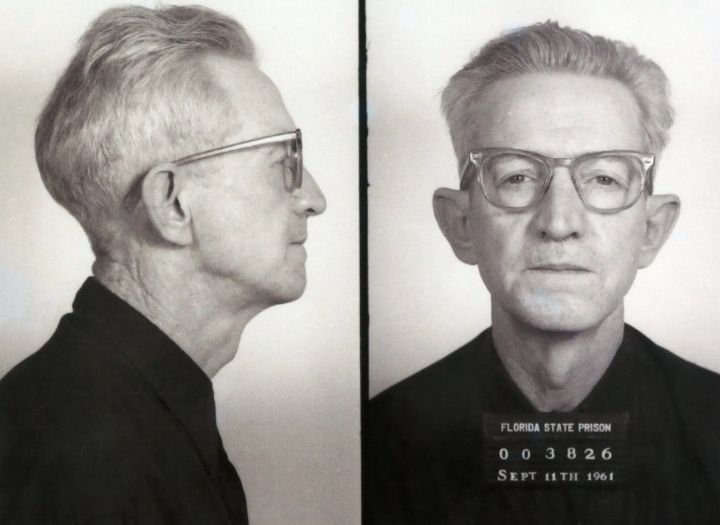
Date Created:
Year Created: 1963
Description:
In the landmark 1963 Gideon v. Wainwright case, the Supreme Court confirmed the right of criminal defendants to have an attorney appointed to them, even if they could not afford one. The ruling applied to both state and federal courts.
Clarence Earl Gideon was charged in Florida state court with felony breaking and entering. When he appeared in court without a lawyer, Gideon requested that the court appoint one for him. According to Florida state law, however, an attorney may only be appointed to an indigent defendant in capital cases, so the trial court did not appoint one. Gideon represented himself in trial. He was found guilty and sentenced to five years in prison. Gideon filed a habeas corpus petition in the Florida Supreme Court, arguing that the trial court's decision violated his constitutional right to be represented by counsel. The Florida Supreme Court denied habeas corpus relief.
Question: Does the Sixth Amendment's right to counsel in criminal cases extend to felony defendants in state courts?
Categories of Documents:
The Sixth Amendment's guarantee of a right to assistance of counsel applies to criminal defendants in state court by way of the Fourteenth Amendment.
In a unanimous opinion authored by Justice Hugo L. Black, the Court held that it was consistent with the Constitution to require state courts to appoint attorneys for defendants who could not afford to retain counsel on their own. The Court reasoned that the Sixth Amendment's guarantee of counsel is a fundamental and essential right made obligatory upon the states by the Fourteenth Amendment. The Sixth Amendment guarantees the accused the right to the assistance of counsel in all criminal prosecutions and requires courts to provide counsel for defendants unable to hire counsel unless the right was competently and intelligently waived.
Justice Douglas, while joining the Court's opinion, elaborated, in a separate opinion, the relation between the Bill of Rights and the first section of the Fourteenth Amendment.
Justices Clark and Harlan concurred in separate decisions.
Source: United States Courts
Citation: "Facts and Case Summary - Gideon v. Wainwright." United States Courts, www.uscourts.gov/about-federal-courts/educational-resources/educational-activities/sixth-amendment-activities/gideon-v-wainwright/facts-and-case-summary-gideon-v-wainwright. Accessed [2/6/2025].

